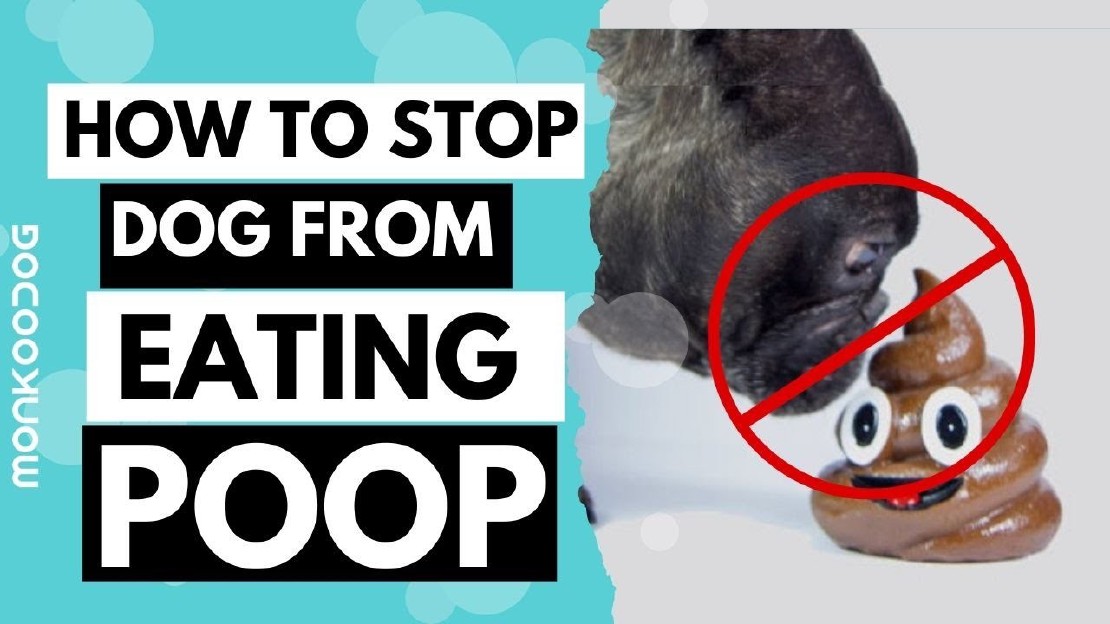Why Do Dogs Love Sleeping in Bed?
Why dogs like sleeping in bed? Many dog owners have experienced the joy of sharing their bed with their furry friends. But have you ever wondered why …
Read Article
Dogs are known for their curious and sometimes questionable eating habits. One of the more common and unpleasant habits is eating feces. This behavior, known as coprophagia, can be very distressing for dog owners. But can dogs actually get sick from eating poop?
While it may be gross and unappetizing to humans, coprophagia is a relatively common behavior among dogs. There are several reasons why dogs engage in this behavior. Some theories suggest that dogs eat poop out of boredom, as a result of a nutritional deficiency, or as a learned behavior from their mother. However, the main concern for dog owners is whether or not this behavior can have negative health effects on their furry companions.
In most cases, dogs who eat poop are unlikely to become ill. This is because their digestive system is designed to handle a wide range of substances, including bacteria and parasites found in feces. However, there is still a risk of potential health problems. Dogs who consume poop from other animals or infected individuals can be at risk of contracting parasites such as worms or giardia, which can lead to digestive issues and other symptoms.
It is important for dog owners to discourage their pets from engaging in this behavior and to keep their environment clean and free of feces. Additionally, regular veterinary check-ups and fecal exams can help detect any potential parasites or health issues early on. By taking these measures, dog owners can help ensure the overall health and well-being of their beloved pets.
While it may be a common behavior for some dogs, eating poop, also known as coprophagia, can come with several health risks. Here are some potential dangers associated with this behavior:
It is important to discourage and prevent dogs from eating poop to protect their overall health and well-being. Maintaining a clean environment, providing a balanced diet, and addressing any underlying medical conditions can help reduce the likelihood of this behavior.
There are several reasons why dogs eat poop, and it is important to understand the potential underlying causes:
It is crucial to address and discourage this behavior if your dog is eating poop, as it poses several health risks. Regular veterinary check-ups, a balanced diet, plenty of exercise, and mental stimulation can help prevent coprophagia in dogs.
If you want to prevent your dog from eating poop, there are several measures you can take to discourage this behavior:
Remember, preventing your dog from eating poop requires consistency, patience, and proper training. By implementing these measures, you can help discourage this unwanted behavior and ensure the health and safety of your furry friend.
Yes, dogs can get sick from eating poop. This behavior, known as coprophagia, can expose them to various diseases and parasites.
Dogs can contract diseases such as parvovirus, salmonella, giardia, and parasitic worms like roundworms and hookworms by eating poop.
There are several reasons why dogs eat poop, including nutritional deficiencies, behavior problems, attention-seeking, or simply because they find it appealing. It is important to address this behavior and consult with a vet to determine the underlying cause.
To prevent your dog from eating poop, you can keep the environment clean by promptly picking up after your dog, provide a balanced and nutritious diet, ensure regular exercise and mental stimulation, and consult with a veterinarian if the behavior persists.
Why dogs like sleeping in bed? Many dog owners have experienced the joy of sharing their bed with their furry friends. But have you ever wondered why …
Read ArticleWhy dogs kick dirt after pooping? Dogs have many unique and interesting behaviors, and one of these fascinating actions is when they kick dirt after …
Read ArticleWhy dogs eat their puppies? One of the most shocking and puzzling behaviors observed in domestic dogs is when a mother dog eats her own puppies. This …
Read ArticleWhy dog puts paw on you? Have you ever noticed that your dog often puts its paw on you? This behavior might seem cute or endearing, but have you ever …
Read ArticleWhy is my dog panting with his mouth open? Table Of Contents Common Reasons for Dogs Panting with Their Mouth Open Heat and Overexertion Anxiety and …
Read ArticleWhy is my puppys tummy gurgling? As a puppy owner, you may have noticed your furry friend’s tummy making strange gurgling sounds from time to …
Read Article